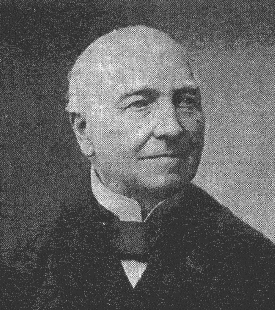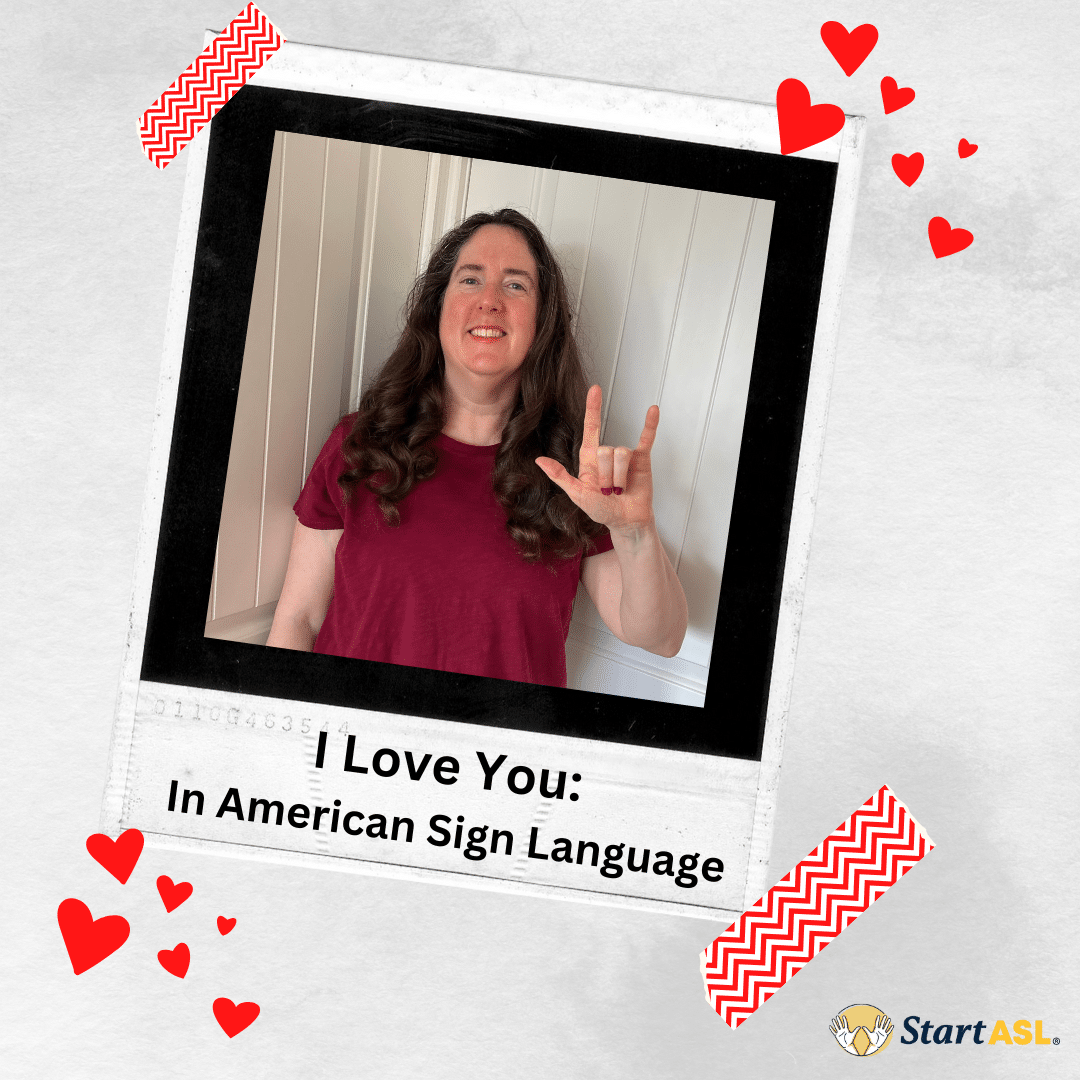
Ferdinand Berthier
by Catherine Ritchie | July 22, 2017

The Deaf community has a rich culture with many prominent figures in its history. Some whose names are fairly well known such as Gallaudet and Helen Keller and other’s whom receive less recognition despite their important contributions. My favorite person thus far in Deaf history is one of the latter – Ferdinand Berthier.
Berthier was a deaf Frenchman born at the start of the 19th century. At the age of 8, he was enrolled at the National Institute for the Deaf in Paris – a school already internationally famed at the time. In a complete turn of events, the boy who came to learn basic vocational skills and literacy in order to be a tradesman would in actuality become a senior professor at that very school within two decades of arriving. Berthier’s intellectual leanings, natural skill as a political organizer, and the influence of men like Laurent Clerc and his teacher Roch-Ambroise Auguste Bébian would combine to shape Berthier into one of the earliest major advocates for deaf identity and culture.
When referring to him in the context of Deaf History, Berthier is often represented by any one of three particular name signs. One name refers to his baldness. The 2nd is flat handed O-circles near the ear to indicate he wore a hat or in his particular case – a French beret. His 3rd name sign symbolizes the fact that he was awarded the Legion of Honor, France’s highest award, for his activism against the government for Deaf people’s linguistic rights as well as their rights as equal citizens in general.
The activism through which he earned his place in history took several forms. In 1834, Berthier held the first silent banquet. During that first year, only deaf Frenchmen attended the banquet but in the years to follow hearing people, women, reporters, and government officials would begin to receive invitations to the annual event. They were officially hosted by the Central Society of the Deaf-Mute starting in 1837, which was founded by Berthier as the first organization to represent the deaf community’s interests – globally as well as nationally, a year after petitioning the government for permission to create such an organization. Silent banquets are routinely held all over the world to this day and in doing so keep Berthier and the Society’s tradition alive.
During his lifetime Berthier also learned to advance his agenda by writing biographies of important figures who advocated signing over oralism as a means to educate deaf French students. He lauded Bébian’s linguistic ability to be clear and rational in teachings and his educational philosophy. Later works of his painted a positive image of both Sicard and Massieu but also criticized them for supporting “methodical” signing, which conformed to spoken language conventions. In contrast, he extolled Clerc in his portrayal for using “natural” signing to teach deaf students. A few publications of Berthier’s which stand out include his “Histoire et statistique de l’éducation des sourds-muets”/”History and statistics of the education of deaf-mutes” in 1836, “Notice sur la vie et les ouvrages d’Auguste Bébian”/”Note on the life and works of Auguste Bébian” in 1839, and “L’Abbé Sicard… précis historique sur sa vie, ses travaux et ses succès…”/ “L’Abbé Sicard … a historical account of his life, his works and his successes …” in 1873.
Ferdinand Berthier died in Paris in 1886 but the good he did for the deaf lives on today through his work. This is what makes him my favorite historical figure in deaf history. One child who grew up in an age when deaf-mute individuals were considered “handicapped” at best and stupid at worst, and was intent on working as a tradesman, actually grew up to drastically impact the future for people all across the world. It was because of men like him that Europe and consequentially America saw such great strides in education and treatment of the deaf, even against the growing popularity of oralism.
Sources: http://gupress.gallaudet.edu/bookpage/FDEbookpage.html










